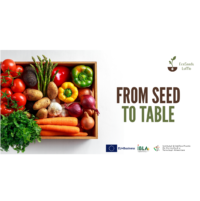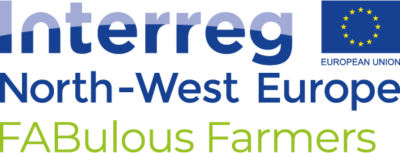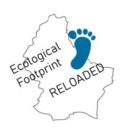finished projects
commect
Bridging the digital divide and addressing the need of Rural Communities with Cost-effective and Environmental-Friendly Connectivity Solutions

monesca
Development of a semi-automatic, high-resolution monitoring of ESCA and other dieback symptoms in viticulture

ancient wheat
Development of a value chain from the cultivation of ancient wheat varieties in organic farming to organic bread
gypsum-lime power
luxembourg in transition
Spatial vision for the zero-carbon and resilient future of the Luxembourg functional region
ecoseeds_lumo

soya made in luxembourg
Optimization of the value chain from the soybean to the egg in Luxembourg and further development of soybean cultivation in Luxembourg
fabulous farmers

méi weed
Pasture optimization by adapting pasture management to pedoclimatic conditions

simba
Simulating economic and environmental impacts of dairy cattle management using Agent Based Models
braugeescht – vum kär zum béier
i2connect
Connecting advisors to boost interactive innovation in agriculture & forestry

ecological footprint – reloaded

monesca
towards an operational very high resolution monitoring of die-off phenomena including the esca complex

susteatable
Integrated analysis of dietary patterns and agricultural practices for sustainable food systems in Luxembourg
co2mpositiv
Grape marc - from underrated waste product to regionally produced premium fertilizer
“schlassbierg” pilot project
legutec
Sustainable and resource-efficient protein production using various mechanical weed control methods in grain legume cultivation; using soybean as an example

holistic sustainability assessment of farms
SMART (Sustainability Monitorung and Assessment RouTine)-Farm Tool

go crop research
Discover and investigate agriculture
tilman-org
Reduced tillage and green manures for sustainable organic cropping systems

cobra
Coordinating Organic Plant Breeding Activities for Diversity

weiterbildung auf bio-höfen
ein Leonardo Da Vinci Projekt
ausbildung und arbeitsplätze im gemüsebau
Schaffung von Ausbildungs- und Arbeitsplätzen im (biologischen) Gemüsebau in Luxemburg
legolux
Suitability of grain legumes as regional animal food for organic agriculture in Luxembourg
öko-öko
Vergleichende ökonomisch-ökologische Analyse von bio- und konventionellen Betrieben
wasserschutz durch bio-landwirtschaft
Strategie für einen pro-aktiven und nachhaltigen Wasserschutz in Luxemburg
artenvielfalt der ackerbegleitflora
Untersuchung der Artenvielfalt der Ackerbegleitflora biologisch und konventionell bewirtschafteter Äcker in Luxemburg
agenda bio-landbauforschung
Agenda zur zukünftigen Bio-Landbauforschung in Luxemburg - Aktualisierung 2016
eu projekt autograssmilk

grassland and animal health eifel
The optimization of permanent grassland, the pasture management, the perennial field forage cultivation and the fodder conservation, in order to improve the efficiency, animal health, value and environmental compatibility of the dairy production in the grassland region.